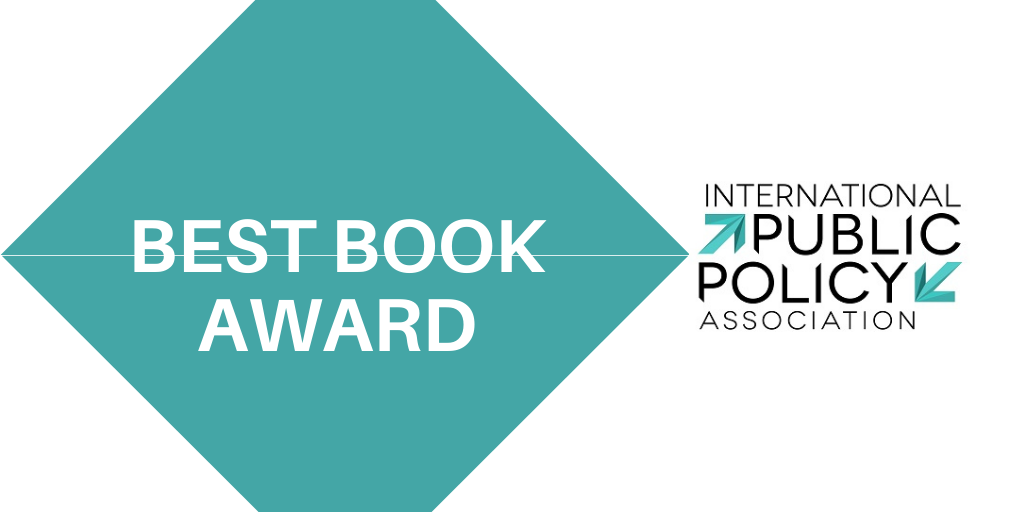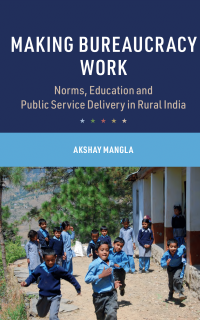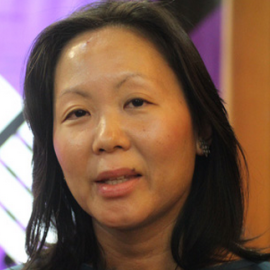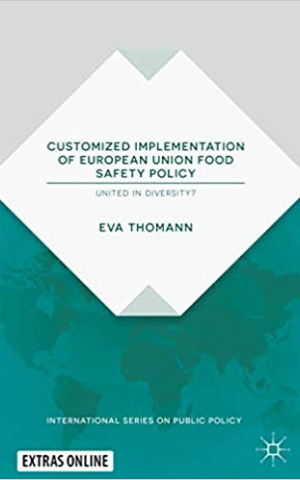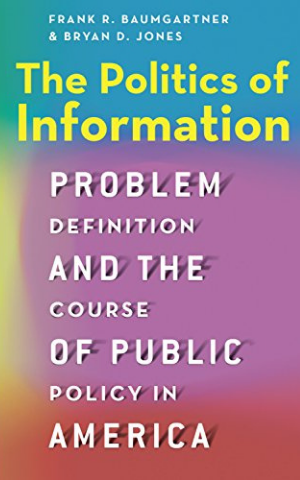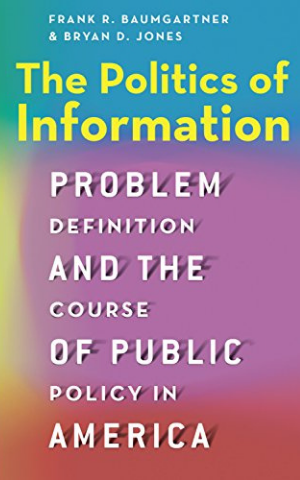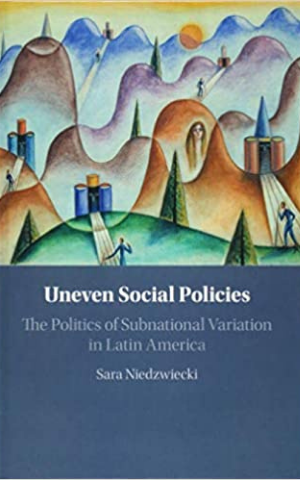In this book, Dr Mangla asks how bureaucracy can work in difficult conditions to deliver programs that especially benefit disadvantaged populations. He addresses this problematic by investigating the implementation of primary education policy in India. Most countries have adopted policies for universal primary education, but policy implementation is very uneven, within and across countries, and the reasons for these differences are not well understood.
Dr Mangla’s comparative study of primary education in rural areas of northern India demonstrates the significance of bureaucratic norms for policy implementation. The public administration literature typically assumes that weak or politicized bureaucracies tend to undermine the state’s capacity to implement public services like primary education. However, on the basis of a detailed comparative research program, Dr Mangla argues that bureaucratic organizations can operate in ways different from the Weberian model and that there is a wide spectrum of effectiveness. In other words, while some agencies perform poorly, others have produced remarkable results. At ground level, school districts vary dramatically in how well they deliver primary education, despite some common features in their formal institutional and legal arrangements and all being subject to a national policy framework.
Dr Mangla demonstrates the impact of informal norms and culture on public service delivery and citizen relations. He identifies the different types of bureaucratic norms, some of which go beyond legalistic rules to enable effective coordination and deliberation at local levels. These ‘deliberative’ norms encourage flexible problem-solving by officials, who learn to adapt policy rules to meet local needs. This strengthens community involvement in school governance, thus enhancing the quality of services. Local public officials can stimulate social engagement at the village level during implementation, which can not only enhance primary education services but can also influence how marginalized citizens experience the state.
Dr Mangla’s work makes several well-integrated contributions – theoretical, empirical, and methodological. The book exemplifies a complex and well-executed comparative case-study design. Dr Mangla has undertaken a multi-level (state-district-village) comparative study to identify the causal mechanisms by which various bureaucratic norms shape implementation. He selected several cases located in disadvantaged areas of northern India, to explore policy implementation under varied conditions. The author undertook a prodigious amount of field work, including over 800 interviews, 100 focus groups or local forums, and participant observation, as well as extensive documentary analysis.
Dr Mangla’s book provides a refreshing reconsideration of some basic questions in policy studies, public administration, and social engagement. He shows how the standard assumptions of Western scholarship may struggle to explain the nuances of experience in the global South. The book is an outstanding contribution to the study of bureaucratic norms and public policy implementation, especially for developing countries. His work is a worthy winner of the IPAA Award for Best Book in public policy and public administration.
